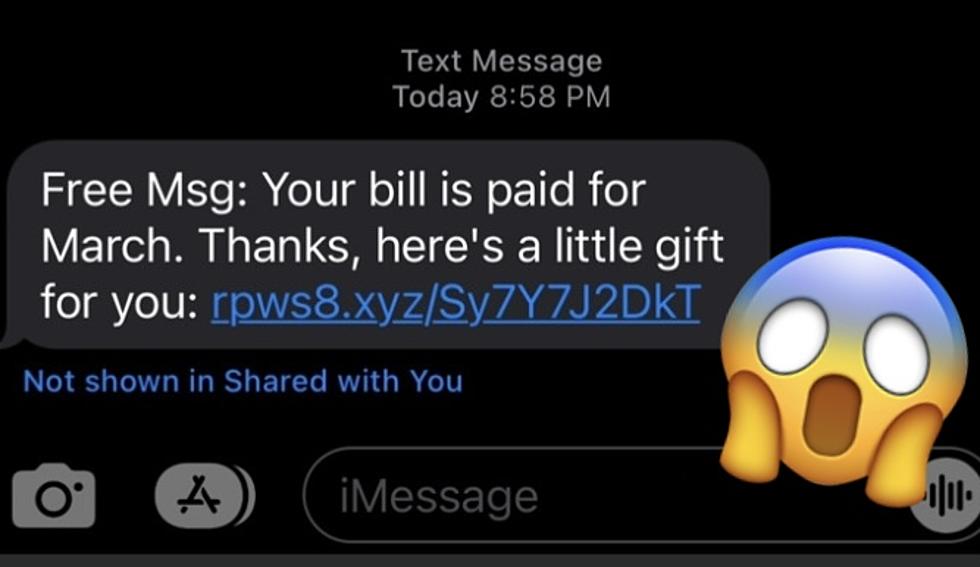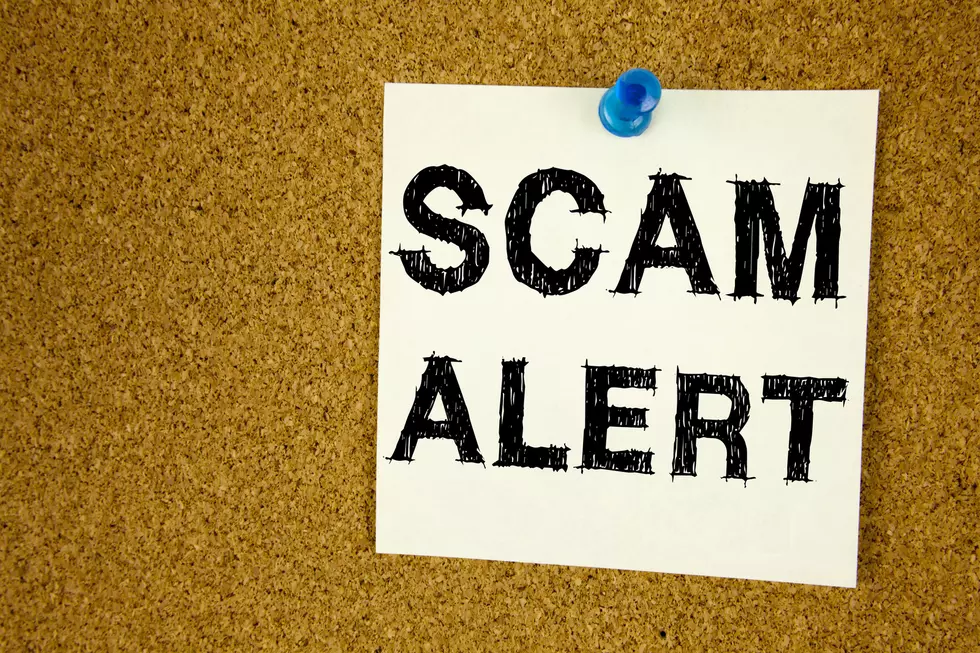
FBI & U.S. Marshals Urge Public to Report Phone Scams

We've all gotten them. The phone rings, whether it be our cell phone or land line, and we answer. The voice on the other end is claiming to be with the FBI, U.S. Marshals or the IRS. Is it real? Most likely, the answer is no.
Both the FBI and U.S. Marshals office are spending time this week alerting the public of several different scams that involve people claiming to be court officials, marshals or other law enforcement officers. During the call, the scammers will attempt to collect money over the phone from the victim.
According to a press release, scammers are using different tactics to sound credible. In some cases, they provide fake badge numbers, and names of real judges and addresses.
The FBI and U.S. Marshals office both said there are certain things to remember when you get these types of phone calls, according to the press release:
· U.S. Marshals or other law enforcement will never ask for credit/debit card/gift card numbers, wire transfers, or
bank routing numbers for any purpose.
· Don’t divulge personal or financial information to unknown callers.
· Report scam phone calls to your local FBI office and to the FTC.
· You can remain anonymous when you report.
· Authenticate the call by calling the clerk of the court’s office of the U.S. District Court in your area and verify the
court order given by the caller
The Department of Justice launched the National Elder Fraud Hotline, which provides services to seniors who may be
victims of financial fraud. Case managers assist callers with reporting the suspected fraud to relevant agencies and by
providing resources and referrals to other appropriate services as needed. The hotline’s toll free number is 833-FRAUD-
11 (833-372-8311).
Also, it's a good idea to trust your gut. Official law enforcement agencies will not ask for debit/credit card information over the phone.
LOOK: Here Are 30 Foods That Are Poisonous to Dogs





